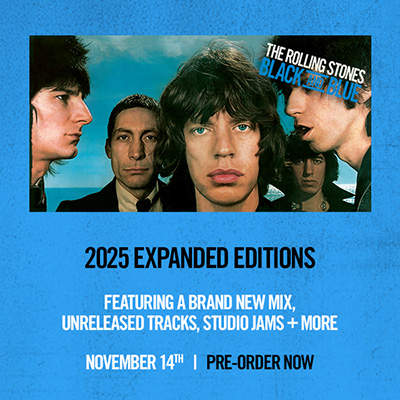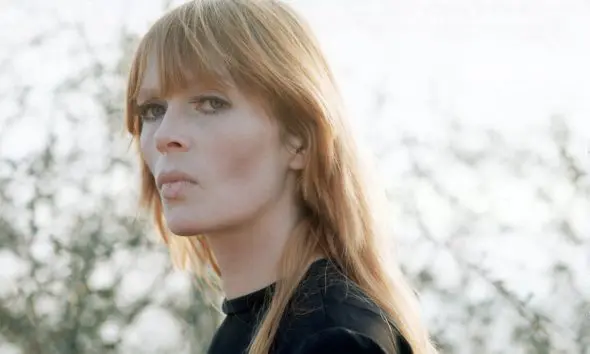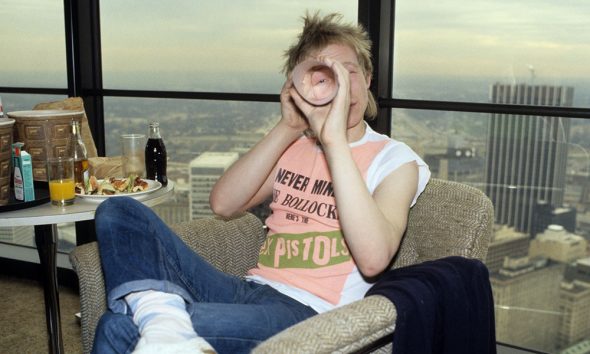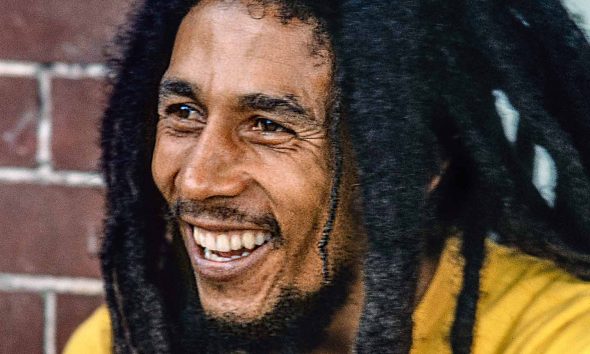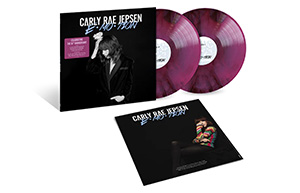Is This The Real Life? When Queen Went To Battle With Laurel And Hardy
The two crews were locked in the battle of the biopics in 2018, but Queen also battled Laurel and Hardy on the singles charts back in 1975.
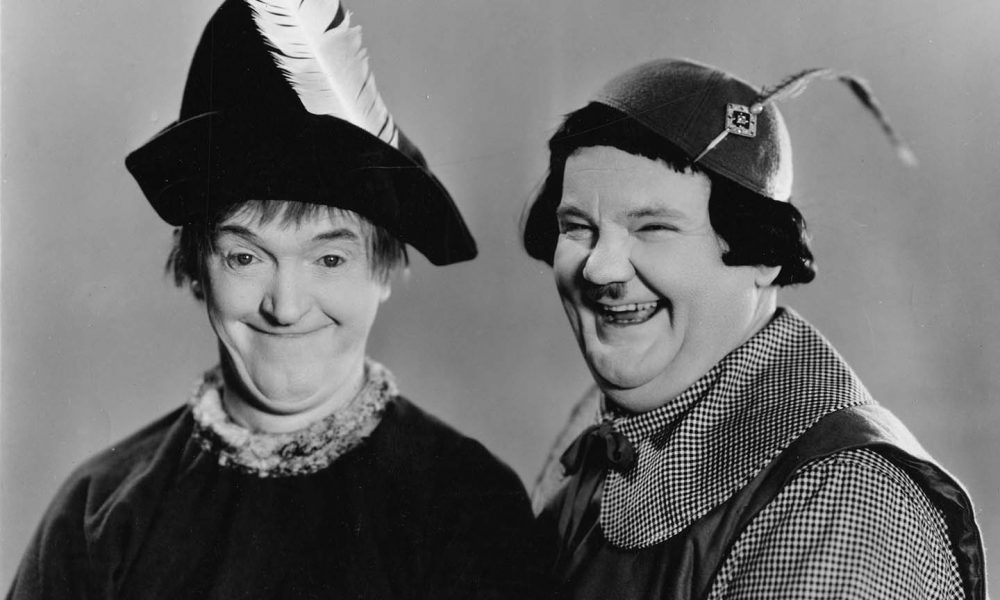
In 2018, Queen (Bohemian Rhapsody) and Laurel And Hardy (Stan And Ollie) went head to head for the second time in history. On this occasion, it was the battle of the biopics, but back in the mid-70s the rock band and the comedy duo were (incongruously) in a fight to be No. 1 on the UK pop charts, with “Bohemian Rhapsody” and “The Trail Of The Lonesome Pine,” respectively.
On Sunday, December 14, 1975, Laurel And Hardy shot to No. 2 with the song “The Trail Of The Lonesome Pine.” Only one thing stopped cinema’s funny men from reaching the top position: Queen’s million-selling mega-hit “Bohemian Rhapsody,” which occupied the No. 1 slot for an incredible nine weeks.
So how did a novelty song, taken from the 1937 comedy Way Out West, come close to challenging one of rock music’s greatest songs, recorded by one of the 20th Century’s most popular bands? The strange story involves John Peel and the power of the radio DJ.
The Golden Age of Hollywood comedy
In the mid-70s, Laurel And Hardy’s films were shown regularly on the BBC – the feature-length black-and-white movie Way Out West had been watched by millions on BBC One on Christmas Day 1974 – and a record company decided to release an LP called The Golden Age Of Hollywood Comedy.
The album, mastered at Abbey Road Studios, included a number of Laurel And Hardy’s film songs. United Artists Records sent their promotions manager, a jolly ex-Royal Navy man who was famed for his outlandish toupée (and would not have looked out of place in a Laurel And Hardy film), to the BBC to drum up interest in the single they had picked from the album. “Well old boy, I’ve got some really good news for you,” he reported back to United Artists executive Alan Warner. He told Warner that it seemed “a DJ called John Peel liked ‘The Trail Of The Lonesome Pine’” and had promised to give it some air time.
Peel loved the novelty song. In the autumn of 1975, he played “The Trail Of The Lonesome Pine” every night of the week on his influential Radio 1 show (he even regularly played the B-side, “Honolulu Baby”) and it gained traction in the charts. “The Trail Of The Lonesome Pine” also turned up on a list of Peel’s 15 favorite singles from 1975, alongside John Lennon’s “Imagine” and Bob Marley’s “No Woman, No Cry.” When he curated the 1988 Meltdown festival, Peel included a Dutch revivalist ensemble called Beau Hunks playing Laurel And Hardy film music.
Laurel and Hardy’s musical influence and roots
Peel wasn’t the only Laurel And Hardy fan in the music industry. The comedy duo appears on the iconic cover of The Beatles’ Sgt Pepper’s Lonely Hearts Club Band album, while Harry Nilsson used to imitate Laurel scratching his head to make John Lennon laugh. In a 1974 song for Wings, “Junior’s Farm,” Paul McCartney included the lyric, “Olly Hardy should have had more sense.”
Laurel And Hardy’s song follows a glorious dance sequence in Way Out West: a scene set on the steps of a saloon bar (the dance is recreated in the biopic Stan And Ollie, which stars Steve Coogan and John C Reilly); when they move inside Mickey Finn’s bar, the saloon’s cowboy band – Walter Trask And The Avalon Boys – sing the ballad “The Blue Ridge Mountains Of Virginia,” which had been written by Ballard MacDonald and Harry Carroll in the early 1900s. All goes well until Laurel And Hardy join in.
Hardy, who had studied at the Conservatory Of Music in Atlanta as a teenager, had a mellifluous tenor voice and sings along sweetly. Laurel, who had taken piano and violin lessons as a kid but freely admitted he wasn’t “the type for a musical career”, then joins in. The joke is that he sings normally and then ruins the song with a startlingly deep tenor voice. Laurel is actually lip-synching to the voice of actor Chill Wills, who was singing live just out of shot.
An irritated Hardy asks the barman for a mallet and then thumps Laurel over the head. A startled Laurel carries on for a short spell before singing the final chorus in a high falsetto voice (sung, also off camera, by Rosina Lawrence). The charming clip was shown on BBC Television’s Top Of The Pops and the record’s momentum continued to grow. “Lonesome Pine” ended up selling over a quarter of a million records. The only thing that stopped the single from being No. 1 was the phenomenal selling power of Queen.
A six-minute tour de force
Queen’s “Bohemian Rhapsody,” written by Freddie Mercury for the band’s 1975 album, A Night At The Opera, was a six-minute tour de force and is deemed one of the greatest songs of the 20th Century. (It, of course, also serves as the title for the hit biopic starring Rami Malek as lead singer Mercury.)
John Peel, who died in 2004, had a lasting impact on a generation of music fans – and he championed Queen long before anyone else, too. “John Peel’s contribution to music was pivotal. He was the first DJ in the world to play Queen,” said drummer Roger Taylor.
Listen to the best of Queen on Apple Music and Spotify.





